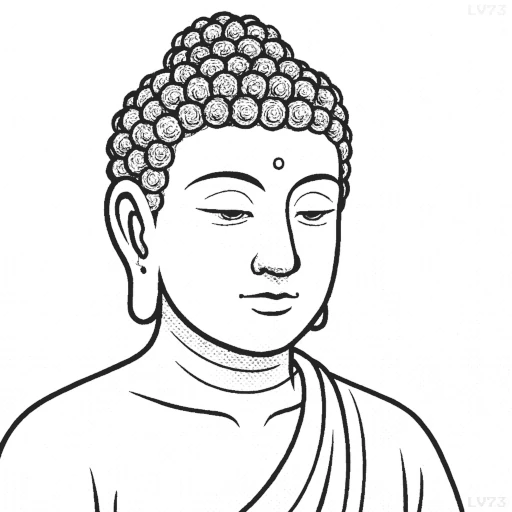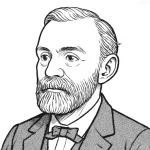“Health is the greatest gift, contentment the greatest wealth, faithfulness the best relationship.”

- 7th century BC to 5th century BC
- Indian
- Religious leader, thinker
table of contents
Quote
“Health is the greatest gift, contentment the greatest wealth, faithfulness the best relationship.”
Explanation
This quote encapsulates three core aspects of a meaningful life: health, contentment, and faithfulness. It suggests that good health is an invaluable gift, enabling individuals to enjoy life and pursue their goals. Contentment is presented as the greatest form of wealth, implying that inner satisfaction and peace of mind far outweigh material possessions. Lastly, faithfulness is highlighted as the key to strong and lasting relationships, emphasizing loyalty and trust as the foundation of any meaningful connection.
In the modern world, where people often chase after wealth, fame, or external success, this quote reminds us to value the more essential aspects of life. Health remains the cornerstone of well-being, and in a society where mental health is gaining more attention, this message resonates strongly. Likewise, contentment in the face of an increasingly consumer-driven world is a crucial reminder to focus on gratitude and satisfaction with what we have. Faithfulness, especially in personal relationships, continues to be a pillar for building trust and lasting bonds, whether in family, friendships, or romantic partnerships.
Historically, Buddhist teachings have long placed great emphasis on cultivating inner peace, gratitude, and moral integrity. These values lead to a harmonious and fulfilling life, aligning with the idea that true wealth and happiness are found not in material pursuits, but in maintaining balance in all aspects of life.
Would you like to share your impressions or related stories about this quote in the comments section?




